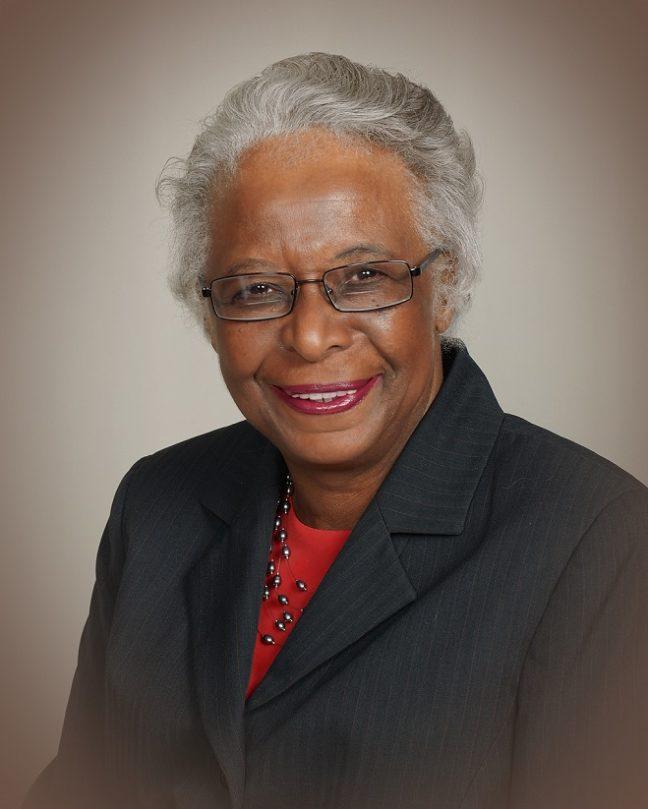After studying for several years and spending time as a national administrator, Cora Marrett’s appreciation for her University of Wisconsin experience is still strong and reflected by the honorary degree she will receive from the university in May.
UW College of Letters and Science announced March 7 in a news release Marrett will be awarded an honorary degree for her work on science educational policy.
Marrett said UW faculty are not usually granted this kind of distinction. She said her work in a second career in academic advocacy made the recognition possible.
“I was surprised when I got the word that I was going to be receiving an honorary degree from the university,” Marrett said. “That surprise was because I know it’s not at all typical.”
Marrett is being honored for her extensive work at the National Science Foundation, a government agency that provides funding and policy for science education and research across the country.
Marrett said the organization helps determine the direction of scientific research through funding; advocates for science, technology, engineering and mathematics education in government; and works with universities and colleges.
“[It’s] all intended to advance research and education in science and engineering, because this is the nation’s premier place for supporting fundamental, basic research,” Marrett said.
At the National Science Foundation, Marrett served as director, deputy director and head of multiple agency directorates. She also received the foundation’s Distinguished Service Award.
Marrett earned her bachelor’s degree from Virginia Union University, and her master’s and Ph.D. from UW. She served as a professor of sociology at UW from 1974 to 1997. Marrett became the provost of University of Massachusetts-Amherst after leaving UW, though she later returned to UW System as the senior vice president of academic affairs.
Marrett said her time at UW influenced her in more ways than one.
“I value greatly the education that I had, but I also value very much the kinds of interactions that I had with students during my time as a faculty member,” Marrett said. “Just as I had benefited from the excellent education I received, it was my idea, I wanted to also share that with the students I had known over the years.”
Marrett said her connections with UW were long and extensive, even though her role changed over time.
One of the most important parts of her UW graduate studies, Marrett said, was the university’s emphasis on the Wisconsin Idea.
Marrett said she could see the Wisconsin Idea in the lives of instructors and administrators at Wisconsin. This opened many doors for people, she said.
“I had opportunities during my career as a faculty member to do things … that are all associated with this sense of a responsibility that as a graduate of the university, you were to have an outreach and share your knowledge, share your experiences and learn from the larger public of the things that would be important,” Marrett said.
Marrett said she ended up leaving UW for other career steps. She later retired from the National Science Foundation in 2014.
Marrett said she still values the Wisconsin Idea.
“I really do resonate and regard highly the opportunities that I had to understand both high-quality research and education, but high-quality research and education associated with the fulfillment of a public role,” Marrett said. “Those are the kinds of things that I got out of my university experience.”


